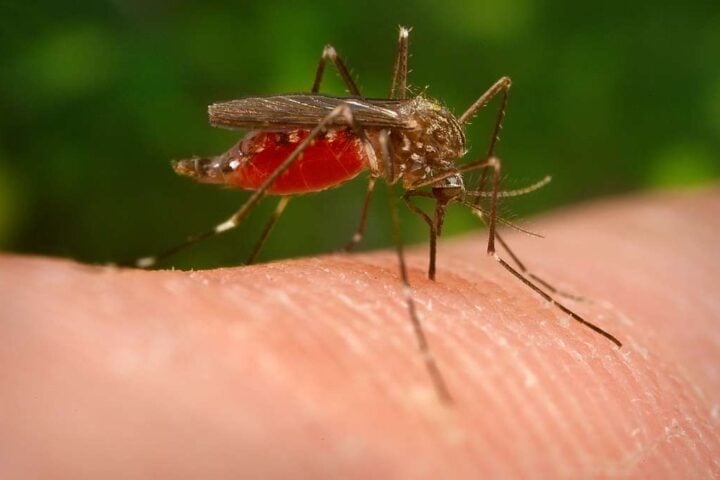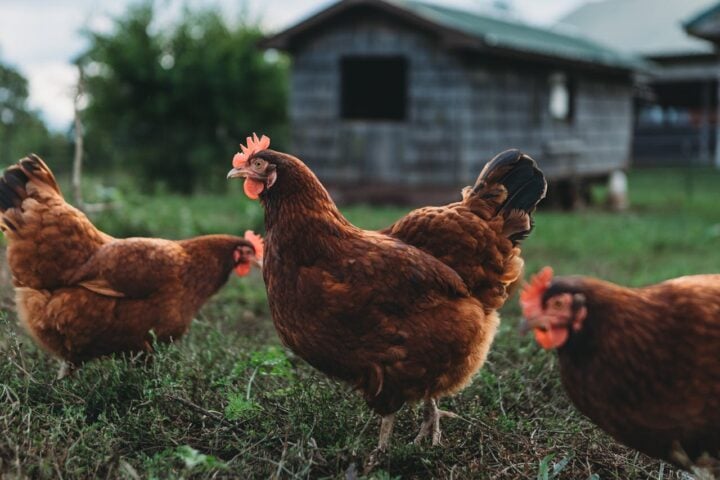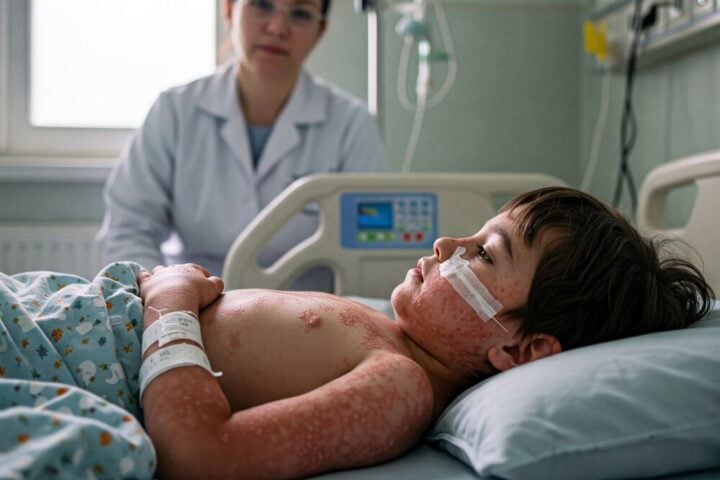The United States faces its most severe whooping cough outbreak in a decade, with over 32,000 cases reported in 2024 – nearly five times the cases recorded in 2023. This surge marks the highest level since 2014, when cases reached just under 33,000 nationwide.
Wisconsin reports 2,365 cases as of December 20, 2024, compared to merely 51 cases in 2023. As of December 14, Wisconsin ranked third in case numbers nationwide, with Pennsylvania and New York reporting higher numbers according to CDC data. Seventy of Wisconsin’s 72 counties have reported at least one case since January 1, 2024.
The outbreak particularly affects children and teenagers. About half of Wisconsin’s cases occur among those aged 11-18 years, with schools serving as transmission hotspots. The state reports 94 infant infections and 12 hospitalizations, though no deaths have occurred.
“You and I, we get pertussis, we’re going to cough, and we’re going to cough a lot, and we might cough 100 days, and we might cough so much we break a rib, or we cough so much that we want to vomit,” says Dr. Jason Newland, chief of infectious diseases at Nationwide Children’s Hospital. “Infants can come to the hospital not breathing. They can have neurologic conditions making them seize and they can die.”
Public health experts attribute this surge to declining vaccination rates during the COVID-19 pandemic and reduced immunity from social distancing measures. The DTaP vaccination rates dropped between March and September 2020, creating a vulnerability gap as some children never received their missed shots.
Dr. Zachary Rubin, a pediatric immunologist in Illinois, observes children with months-long coughs in his clinic. “The cough is not just affecting your respiratory system,” Rubin explains. “It affects your whole body, your mood and your sleep, and it can create more anxiety if you’re missing school or work.”
The Wisconsin Department of Health Services provides vaccines free regardless of insurance status through its Vaccines for Children and Adults programs. Children should receive five DTaP doses between two months and 6 years, while adolescents need one Tdap dose between ages 11 and 12. Adults without prior pertussis vaccination require one Tdap dose.
Dr. Anita Patel, a pediatric critical care physician at Children’s National Hospital in D.C., warns about evolving bacterial resistance: “Waning immunity is part of the picture, but we’re seeing a rise in cases because the vaccine is less effective as it’s evolving to outsmart bacteria.”
The DTaP vaccine provides protection against illness for 98 percent of children within a year of their final dose, and about 71 percent of children remain protected five years later. Early diagnosis poses challenges as initial symptoms mirror common colds. Dr. Rubin notes that testing costs can reach hundreds of dollars per test.
Similar Posts
Dr. Scott Roberts, an infectious-disease physician at Yale School of Medicine, emphasizes that increased testing doesn’t explain the surge: “This isn’t a mild uptick. This is an exponential uptick, and that is striking and overcomes any testing bias.”
Prevention measures include frequent handwashing, mask-wearing in crowded spaces, and maintaining distance from infected individuals. For treatment, the CDC recommends antibiotics like azithromycin, clarithromycin, and erythromycin.
Wisconsin residents can verify their vaccination status through the Wisconsin Immunization Registry and schedule appointments with healthcare providers, pharmacies, or local health departments.


















